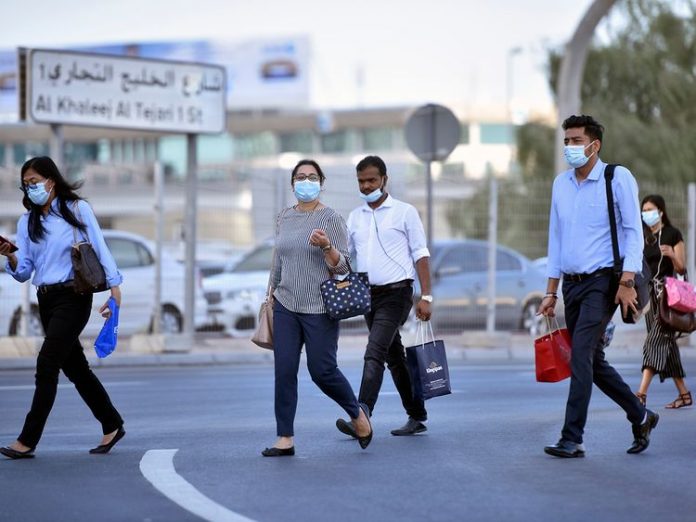Dubai: Planning to work in the UAE? The UAE’s labour and immigration laws stipulate certain requirements that need to be fulfilled in order for a person to legally work in the country. Apart from some general requirements that need to be fulfilled by every worker – like obtaining a legal work permit – there are some work-specific requirements like getting educational
Work permit is mandatory
The primary requirement to be able to legally work in the UAE is obtaining a work permit from the Ministry of Human Resources and Emiratisation (MOHRE). Even if you are eligible to work in the UAE, you would need to first get a work permit before you can be legally employed.
When a work permit is issued, MOHRE also conducts mandatory worker training, educating workers about their rights and responsibilities at Taw-jeeh centres across the UAE.
Age restrictions – when can I start working?
• You can start to legally work in the UAE from the age of 15. If you are above the age of 15 but under the age of 18, you can work legally by applying for a juvenile work permit, as laws regarding the employment of minors have specific work restrictions.
• Children below the age of 15 are prohibited from being employed in the UAE.
• Anyone above the age of 18 is eligible to work in the UAE up to the age of 60, which is the retirement age for expatriate residents.
• Expatriates who are older than 60 are allowed to work up to the age of 65 after obtaining an approval from MOHRE.
The work permit can be temporary (for six months) or long-term (for one or two years).
Medical or health conditions
In order to be able to obtain a work or residence permit, foreign nationals need to be free of all forms of communicable diseases such as Human Immunodeficiency Virus (HIV) and tuberculosis (TB).
In addition, the following categories of workers should test negative for syphilis and Hepatitis B:
• Workers in nurseries
• Domestic workers including housemaids, nannies and drivers
• Food handlers and workers in restaurants and cafes
• Workers in saloons and beauty centres
• Workers in health clubs
Female domestic workers must test negative for pregnancy.
The emirate of Abu Dhabi screens foreign nationals to detect pulmonary tuberculosis by a chest x-ray; however, the emirate of Dubai does not, according the UAE government’s official website u.ae.
A new Cabinet Resolution was passed in 2016. As per this resolution, all resident expatriates while renewing their residence visas have to undergo TB screening. Those found with scars or active TB or found having drug-resistant TB will be issued a conditional fitness certificate and be issued a residence visa for one year. They will then have to undergo treatment in the UAE.
Can I work on a visit visa?
No, working on a visit visa is not allowed and violates the country’s labour and immigration laws. Foreigners planning to work in the UAE must know that they cannot work on visit visas or tourist visas. You would either need to be sponsored by a company in the UAE on an employment visa, or be on a residence visa, sponsored by a family member.
Working without first obtaining the proper visa status is illegal and can lead to imprisonment, fines and/or deportation. The penalties apply to both: the employer and the employee.
Can I work on a family visa?
If you are living in the UAE on a residence visa issued by a relative – a mother, father, husband, wife or sibling, MOHRE provides the option for issuing a work permit under the residence visa issued by a relative.
Educational qualification
Regardless of your educational qualification, you can work in the UAE. MOHRE has assigned skill levels of jobs in the UAE on a five-point basis. Jobs that need a skill of level 1 are for highly-skilled workers and those that need a skill of level 5, are for lower-skilled workers.
If you are applying for a job under skill level 1, 2, or 3, you would need to submit your academic certificates duly attested in order to get a work permit from MOHRE. Professions that need skills of levels 4 and 5 do not require attestation.
Licensing requirements
Certain professions in the UAE need to get additional licences from governing authorities. For example, medical professionals require a medical licence from the health authority in their emirate of work, and teachers need to get a licence from the following authorities:
• Ministry of Education in the northern emirates (Sharjah, Ajman, Ras Al Khaimah, Umm Al Quwain and Fujairah)
• Department of Education and Knowledge in Abu Dhabi (ADEK) in Abu Dhabi
• Knowledge and Human Development Authority (KHDA) in Dubai




